In the ever-evolving business landscape, the way companies operate needs to adapt to their current phase of growth. While startups focus on finding their footing, scaleups are all about building a strong foundation for sustainable growth.
Questions That You Ask at the Startup or Scaleup Stages
In the startup phase, you ask questions such as:
1. Who is our customer?
2. Are our products sufficient?
3. Can we find enough customers?
4. What does our market want?
5. What market, products, and team members would make us profitable?
In the startup phase, companies are typically preoccupied with defining their target customer base, refining their products, and finding their place in the market. These questions revolve around survival and establishing a foothold in the business world. A startup’s primary objective is to reach a point where it becomes a viable business entity.
In the scaleup phase, you ask questions that go deeper like:
1. Who are we?
2. Can our systems stand?
3. Can we find enough leaders?
4. What does our team need?
5. What model, processes, and team culture would make us powerful?
Scaleup companies have already found their niche and achieved some level of success. Their focus shifts from mere survival to sustainable growth and long-term success. The questions now revolve around identity, scalability, leadership, and organizational culture. Scaleups need to build a solid foundation that can support their expansion.
How to Know If You’re Stuck in Startup Mode
If you find your organization asking more startup questions than scaleup questions, it might be a sign that you’re not adapting to your current phase of growth effectively. Here are some indicators that your company might be stuck in a startup mentality:
1. Customer Focus: Startups prioritize understanding their customers. If your company is still obsessively focused on finding your ideal customer or constantly pivoting your product to meet new demands, it may indicate that you haven’t yet transitioned to the scaleup phase.
2. Product-Centric Approach: If your primary concern is product development, without considering the broader aspects of your organization, it’s a sign that you’re operating like a startup. Scaleups need to ensure their systems, processes, and leadership are all in sync with their growth strategy.
3. Scarcity Mentality: Continuously worrying about finding enough customers is a trait commonly associated with startups. While customer acquisition remains important, scaleups should also think about optimizing existing processes and expanding their leadership team to manage growth effectively.
4. Market-Oriented: Startups are often preoccupied with understanding the market’s ever-changing needs. In contrast, scaleups have a clearer vision of their market and are focused on developing a strategy for dominating it.
5. Profitability vs. Power: Startups want to become profitable. Scaleups aim for power, not just in terms of revenue but also in terms of their market influence, internal culture, and organizational strength.
Understanding the distinction between startup and scaleup phases is essential for guiding your company’s growth. While the questions that startups and scaleups ask may seem similar, the context and the overall objectives differ significantly. The transition from a startup mindset to a scaleup mindset is a pivotal moment in a company’s journey, requiring adjustments in strategy, culture, and focus.
Make the Shift
If your company is still stuck in a startup mentality, it may be time to reevaluate your approach and shift your focus toward building a strong foundation for growth. Remember, success in business isn’t just about starting well; it’s also about scaling up effectively. So, are you still operating like a startup when you should be scaling up?
If so, you’ll want to check out our Scaling Leader™ Program. We can help you think more strategically about the upcoming year and set you up for predictable growth.
ABOUT THE AUTHOR
Courtney De Ronde
Relevant Posts
Learn What Your Business Needs Most to Unlock Faster Growth
Your business relies on four key areas, or centers of intelligence, to thrive. Take the free Business Intelligence Grader to see how you score across financial, leadership, productivity, and human intelligence and learn where to focus to drive greater results.
Your business relies on four key areas, or centers of intelligence, to thrive. Take the free Business Intelligence Grader to see how you score across financial, leadership, productivity, and human intelligence and learn where to focus to drive greater results.



